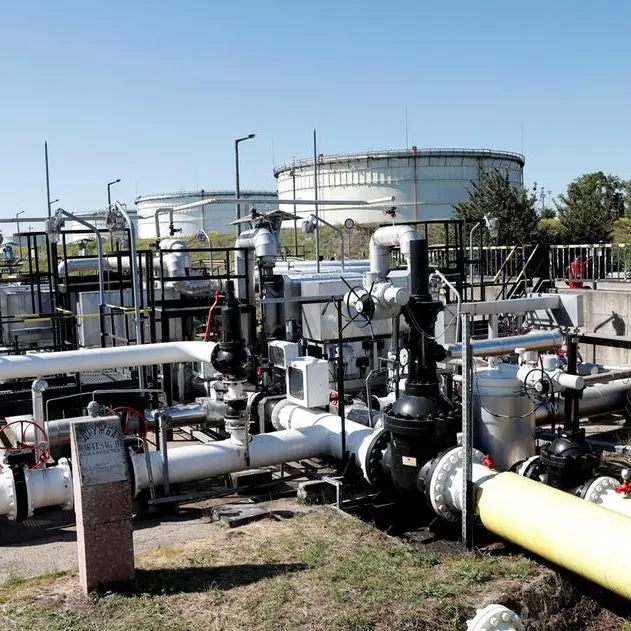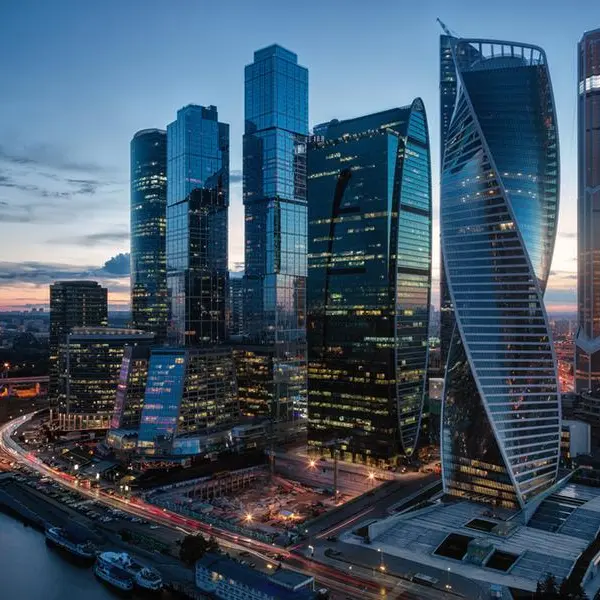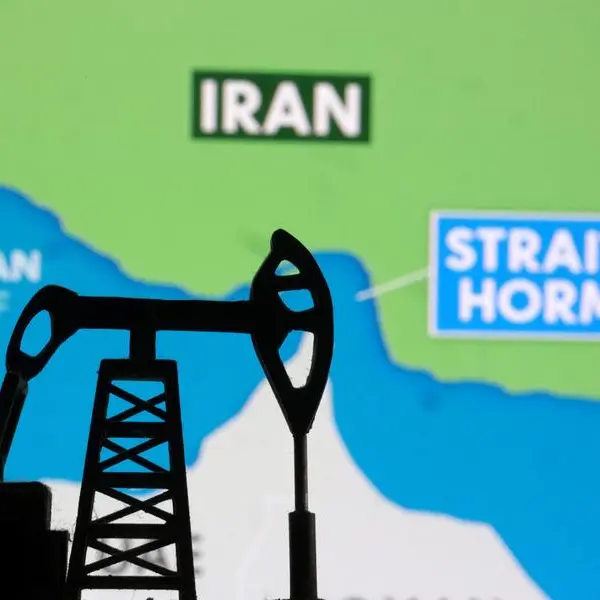PHOTO
The IMF's World Economic Outlook next week will highlight global growth that is marginally stronger on account of robust activity in the US and in many emerging market economies. However, there are still plenty of things to worry about, IMF chief Kristalina Georgieva said.
At an event hosted by the Atlantic Council, Georgieva cited sustained household consumption and business investment, an easing of supply chain problems and reduction in inflation as contributing to the growth.
"But there are still plenty of things to worry about. The global environment has become more challenging. Geopolitical tensions increase the risks of fragmentation of the world economy," she said.
The Bulgarian economist has been reappointed as the IMF's managing director for a five-year stint ahead of spring meetings in the US.
According to Georgieva, prospects for growth have been slowing since the global financial crisis: inflation is not fully defeated, fiscal buffers have been depleted and debt is up, posing a major challenge to public finances in many countries.
"The scars of the pandemic are still with us. The global output loss since 2020 is around $3.3 trillion, with the costs disproportionately falling on the most vulnerable countries," she said.
The head of the IMF said there is a growing divergence within and across country groups.
The most striking divergence is for low-income countries, for whom the effects of the pandemic have been the most severe.
Among advanced economies, the US has experienced the strongest rebound, helped by rising productivity growth. Indonesia and India are faring better among emerging market economies, she added.
(Reporting by Seban Scaria; editing by Daniel Luiz)
(seban.scaria@lseg.com)





















